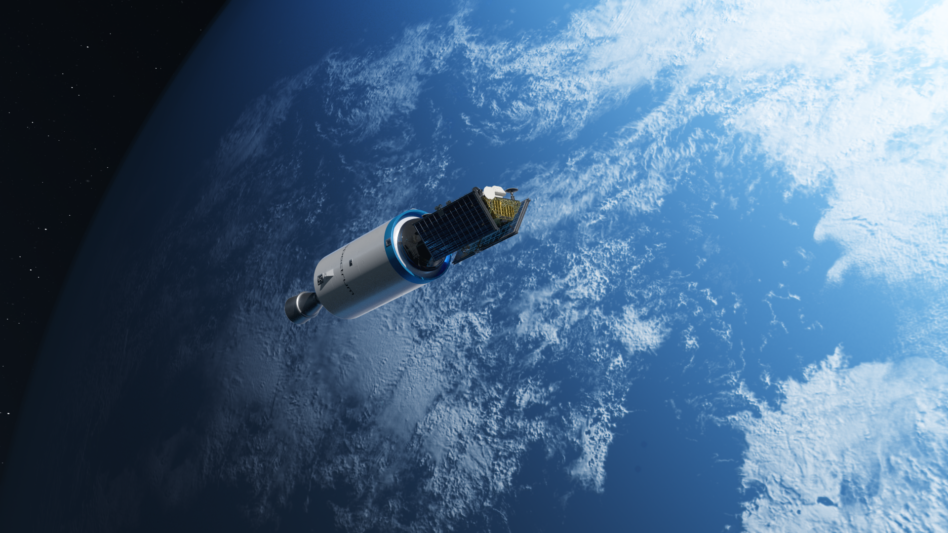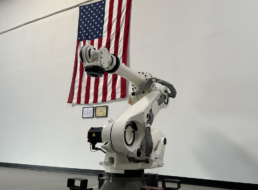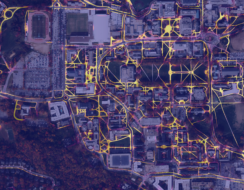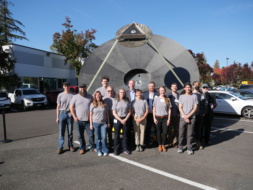Isar Aerospace has won 10 million euros (~$11.3M) in prize money from the European Commission’s “Low-Cost Space Launch” competition. The prize specifically recognizes Spectrum, Isar’s two-stage orbital launch vehicle for small and medium satellites.
- Founded in 2018, Isar is based in Ottobrunn and Munich, Germany.
- Spain’s PLD Space and Rocket Factory Augsburg, another aspiring German launcher, were the other finalists for the prize money.
Isar has raised $180M to date. The well-capitalized European microlauncher is relying on vertical integration out of the gates, by fully designing and manufacturing Spectrum in-house.
All eyes on…the end of 2022, when Spectrum’s maiden flight is expected to take place. The rocket has an advertised payload capacity of 1,000kg to LEO. Isar is aiming for a launch price of $10,000/kg, the FT reported last July.
European bona fides: “The prize marks an important moment in Europe’s path to achieving sovereignty in space,” Isar noted in a press release. Over 90% of Isar’s investors are European, per CEO Daniel Metzler, and a similar proportion of the company’s manufacturing and supply chain is concentrated on the continent.
+ While we’re here: ESA will hold a summit in Toulouse, France, on Feb. 16 to highlight Europe’s “bold space ambitions.”




